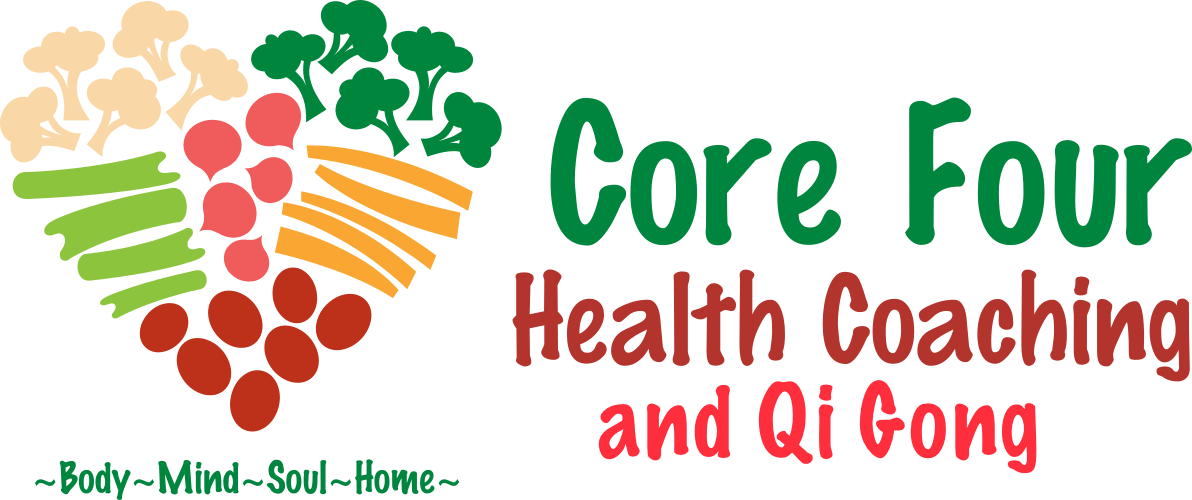
July 20th this year marks the 50th anniversary of when the American astronaut Neil Armstrong became the first person to ever walk on the moon. The crew of Apollo 11 lived out President Kennedy’s pledge to “land a man on the moon and return him safely” before the 1960’s came to a close. There is so much we know about the voyage that was successfully completed by Armstrong and his fellow astronauts, Edwin “Buzz” Aldrin and Michael Collins, including the first words that were spoken by Neil Armstrong as he made the first-ever footprints on the lunar surface. But way before “one small step for man, one giant leap for mankind” there were many years of baby steps that came first. Armstrong was a naval aviator and test pilot before he joined NASA and became an astronaut and aeronautical engineer. His love of piloting started at a much younger age when he flew with his father when he was only five years old. He actually got his pilot’s license before he even got his driver’s license, earning his student flight certificate on his 16th birthday. He was most proud of earning the rank of Eagle Scout and among the few personal items that he carried with him to the Moon and back in 1969 was his World Scout Badge.The many years of training and hard work that Neil Armstrong did before he boarded Apollo 11 are a great reminder to us all that you cannot skip the small steps and go straight to the moon.
I often hear people saying how frustrated they are with themselves when they try something new and find it difficult to make any progress. Ask anyone who has tried to learn a foreign language or play an instrument. The early years are filled with “chopsticks” on the piano rather than Chopin’s Piano Sonata Number 2. Beginning students start with Chopsticks for a reason - you must begin by first learning the basic notes, then you learn how to position your hands, followed only then by the placing of your fingers. That’s not all... you must then match the timing and finally you get to play the notes. We all know what happens next....PRACTICE...and plenty of it. Baby steps.
Next week I will be leading a Wellness Workshop on Brain Health for state emloyees. I will be offering nutritional and lifestyle recommendations for maintaining a healthy brain. One of my recommendations, after you have taken your vitamins and increased the amount of Omega 3’s in your diet, is to take up something new. It can be a hobby, a sport, a musical instrument...it just has to be something that is mentally challenging.
Neuroscience has produced a large number of studies that show that adults who regularly challenge their minds and stay mentally active throughout their life have healthier brains and are less likely to develop dementia. Some of the earliest evidence for mental stimulation and what it contributes to brain health come from studies of mice. Mice who live in enriched environments (cages that have running wheels, mazes, toys and tunnels) have better memories than mice who live in empty cages. We deserve to have enriched environments, just as much as the laboratory mice do!
What does keeping mentally active mean to you? Doing the daily crossword puzzle and sudoku are no longer enough. We need to step out of our comfort zones (and our empty cages) and challenge ourselves with mental activity that is varied, regular and reasonably complex. It should be something that you will enjoy and that you will stick with.Ideally, your “new” activity will include mental, physical and social components.
How about planning and planting a vegetable garden? The fruits of your labor will improve your health as will the physical and mental aspects of the task.
Have you thought about taking an arts and crafts class? Not only will your inner Picasso be unleashed, but you will make friends while making a fabulous new creation.
You don’t have to look very far to find a local book club.Those book club discussions are just what the brain doctor ordered when it comes to mental stimulation. If you join a Walking Book Club, then you will be getting in your 10,000 daily steps at the same time you are exercising your brain.
Whatever it is that you choose, remember that the “baby steps” are all part of the successful journey. Your brain, body and heart will all be so stimulated that you may just feel like you took a giant leap and ventured to the moon. Just don’t forget: you cannot skip the small steps and go straight there!
